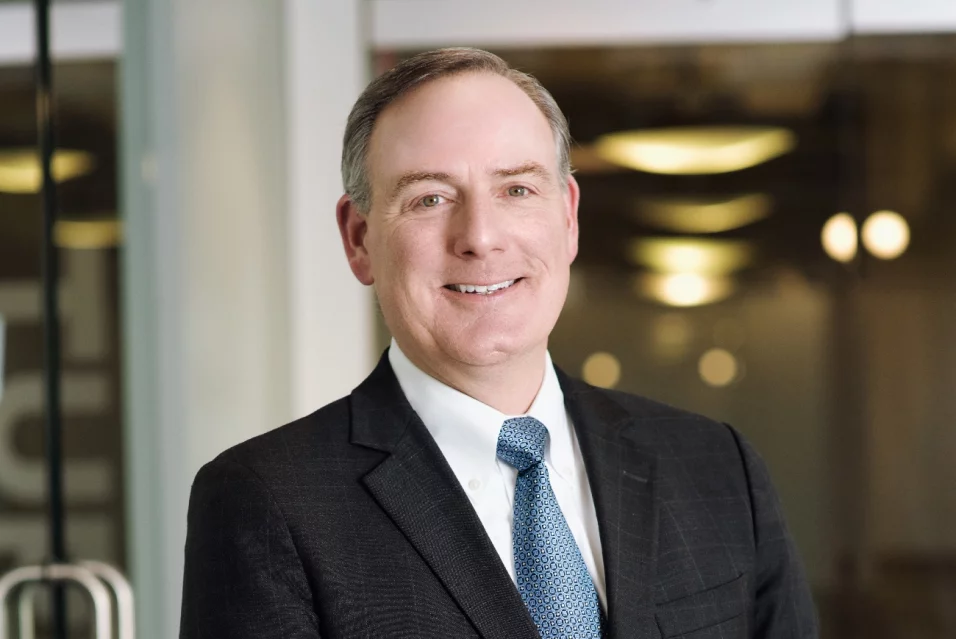
News
Management
AquaBounty names David Melbourne president
August 15, 2023 By Nestor Arellano
 David F. Melbourne Jr., president of AquaBounty Technologies (Image: AquaBounty)
David F. Melbourne Jr., president of AquaBounty Technologies (Image: AquaBounty) Land-based salmon producer AquaBounty Technologies has named David F. Melbourne Jr. as the company’s new president.
Melbourne, a 30-year-veteran of the consumer packaged goods (CPG) industry, was AquaBounty’s chief commercial officer for four years before being promoted to the role of the company’s president.
“I am pleased to announce that Dave Melbourne will take on the position of president of AquaBounty, as part of our leadership progression to drive continued growth and expansion,” said Sylvia Wulf, board chair and chief executive officer of of the Massachusetts-based pioneer in the commercial production of genetically engineered salmon. “In his new role, Dave will oversee the day-to-day business functions for the Company, including current farm operations in the U.S. and Canada, R&D, quality, people management, and commercial operations. ”
Wulf said that Melbourne’s promotion will allow her to “focus on strategic initiatives, including investor relations, financing alternatives to complete the Ohio Farm, business development including geographic and species expansion..”
“I am excited about my new role as president and working closely with the entire AquaBounty team to deliver future success. The company continues to lead transformative solutions that will benefit the future of aquaculture, our customers and consumers,” said Melbourne
Prior to joining AquaBounty in 209, Melbourne was senior vice-president of marketing and corporate social responsibility at Bumble Bee Foods. Prior to that, Melbourne was vice president or marketing and strategic planning with Castleberry/Snow’s Brands. He was also an assistant product manager at US Tobacco Sales and Marketing Company.
Wulf said she is confident of her company’s future.
“While land-based farming using recirculating aquaculture system (RAS) technology is still developing, the timing could not be better for the company to leverage our advantages of vertical integration from broodstock to harvest, as well as our several decades of proven expertise in operating land-based RAS facilities; especially as we consider the negative impacts from climate change on food security and the environment,” said Wulf.
Print this page